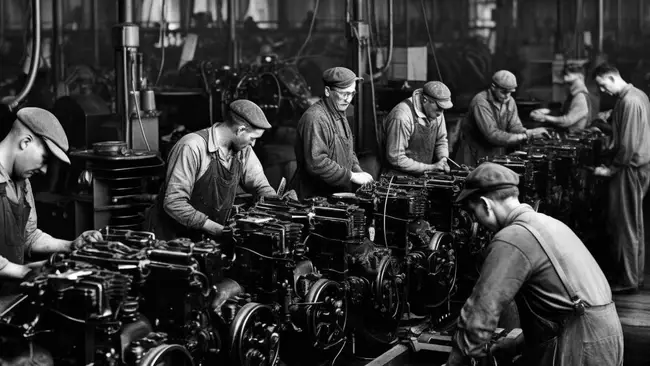
AI could have a greater impact on the UK than the Industrial Revolution, according to Deputy Prime Minister Oliver Dowden.
Mr Dowden said AI could speed up productivity and perform menial tasks - but fears that AI will 'take peoples jobs' have grown steadily since the arrival of ChatGPT-4 earlier this year.
In fact, The Home Office themselves are already using AI in asylum claim applications to lessen paperwork within ministerial red boxes.
Famously, concurrent developments in textiles, machines and steam power in the 19th century sparked the Industrial Revolution and launched the Western world into a new age of manufacturing and production.
The result was an unprecedented rise in population and economic growth, as well as literacy and wider philosophical ideas like capitalism and communism.
This is a total revolution that is coming, it’s going to totally transform almost all elements of life over the coming years, and indeed, even months, in some cases.
It is much faster than other revolutions that we’ve seen and much more extensive, whether that’s the invention of the internal combustion engine or the Industrial Revolution.
We need to be careful not to overstate these things and do it on an evidential basis, but there is the risk there that has to be addressed.
- UK Deputy Prime Minister Oliver Dowden, speaking on August 13
Several parallels can be drawn between the AI revolution and the Industrial Revolution, like fears of mass job losses as well as the importance of the "social question".
One study from Goldman Sachs, which has been cited by several politicians, predicts that generative AI could impact 300 million jobs globally.
Though if anything was to be learned from the Industrial Revolution, history has proven that more jobs overall are created in new fields and areas.
What's different this time is that relying on something with a potentially enormous attack area could provide serious hacking risks.
Cybersecurity expert, Andy Ward, VP International for Absolute Software, commented: “We are in the midst of an AI revolution and for all the business benefits that AI brings, however, we must also be wary of the potential cybersecurity concerns that come with any new technology.
"AI can be used to positive effect when bolstering cyber defences, playing a role in threat detection through data and pattern analysis to identify certain attacks, but we have to acknowledge that malicious actors also have access to AI to increase the sophistication of their threats.
"Organisations should continue to embrace AI and reap the benefits, as long as they ensure proper staff training and are prepared to counter the cyber risks.“






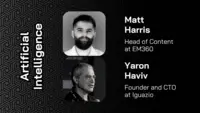


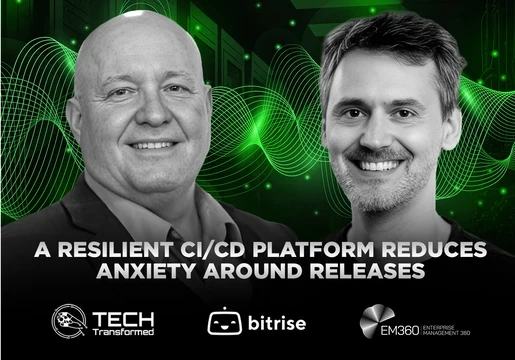
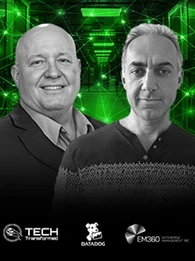

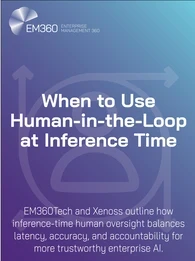
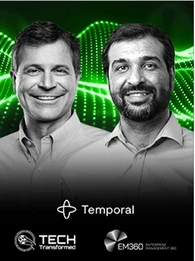
Comments ( 0 )